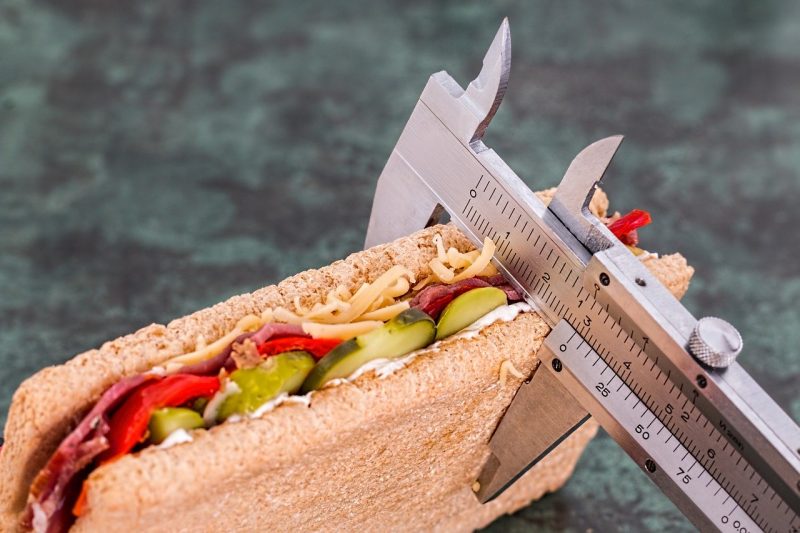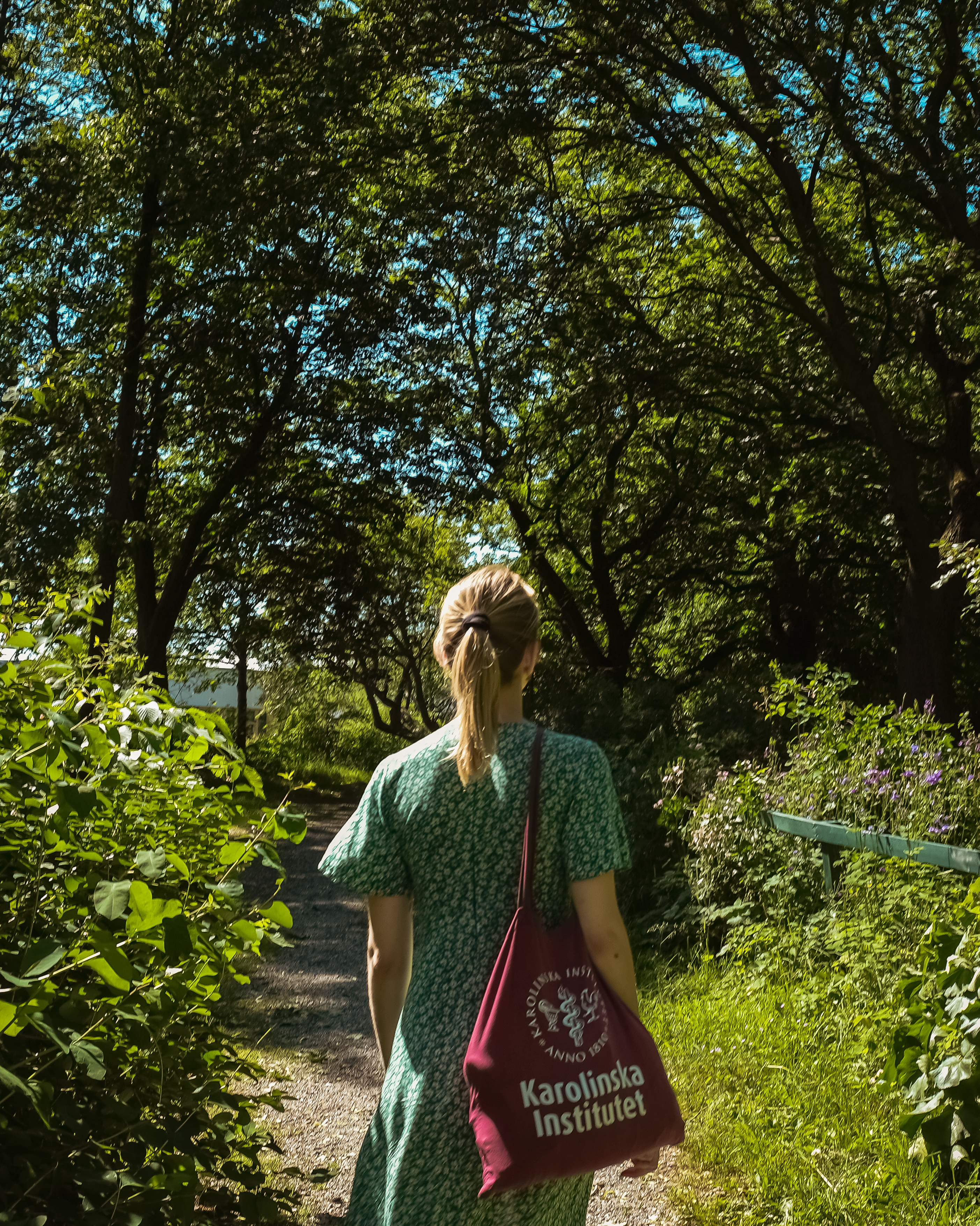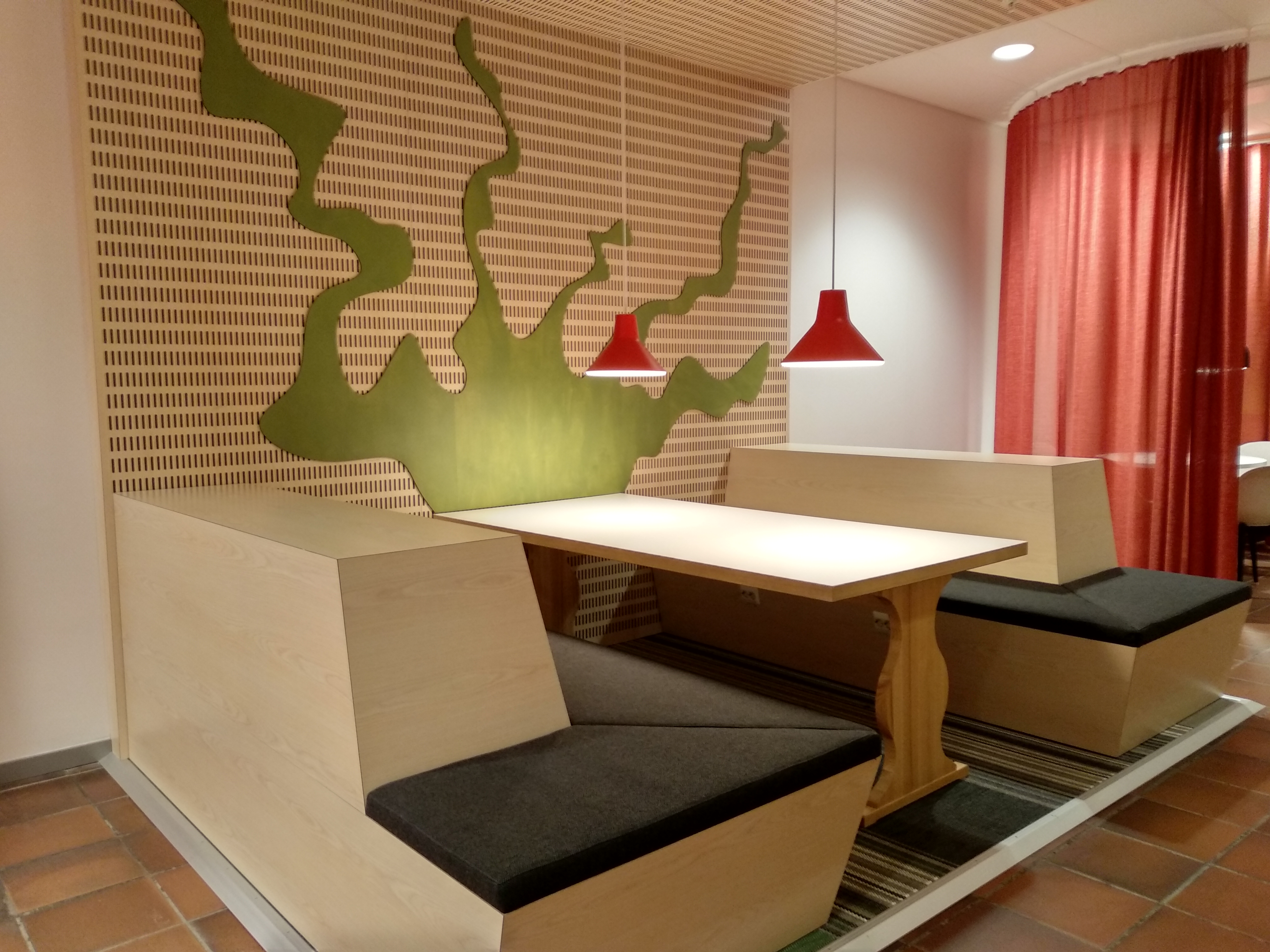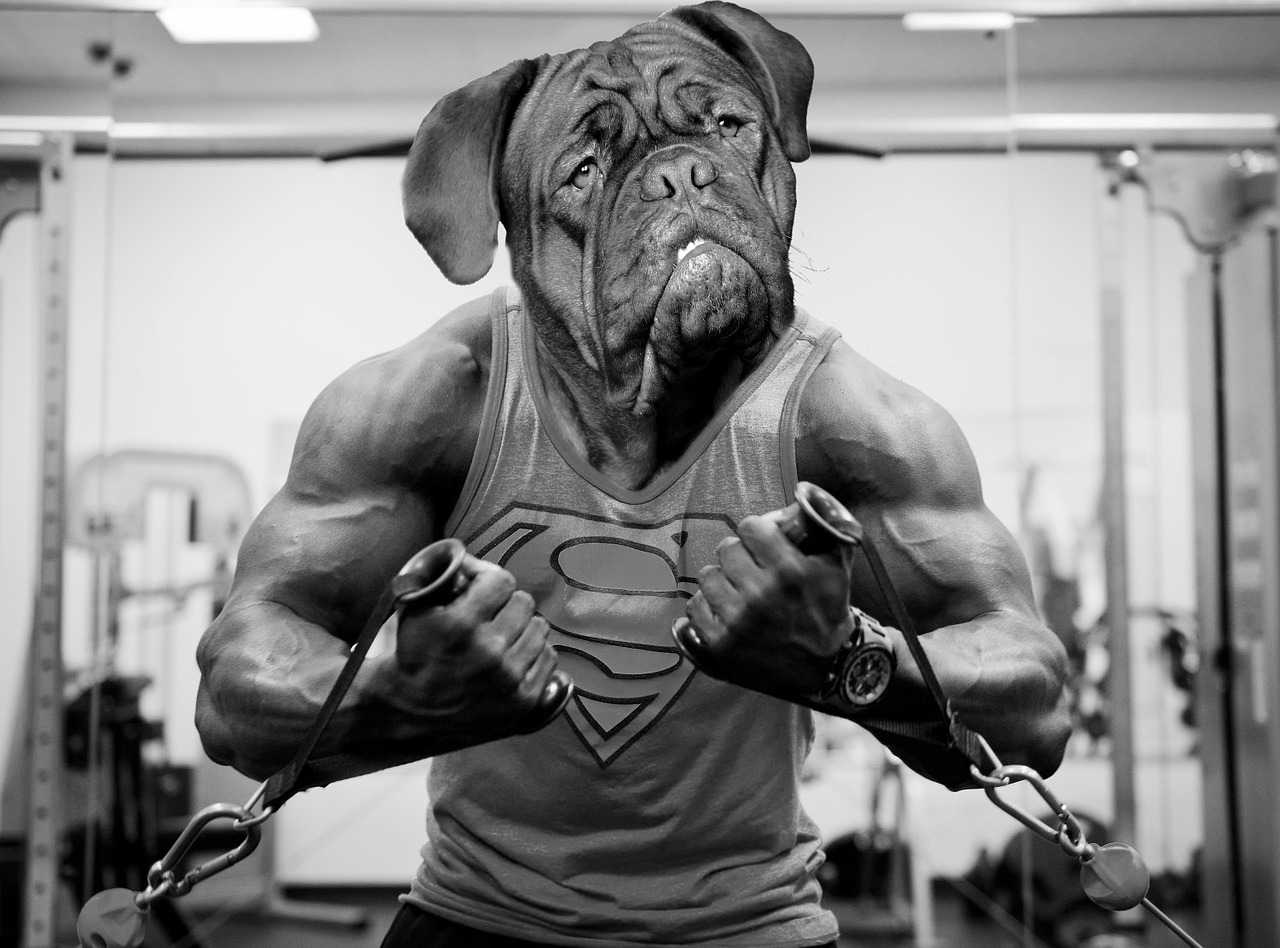
What is inside the Master’s Programme in Nutrition Science?
During this one-year programme, we have five courses with various interesting activities. Are you curious about them? Or maybe you are wondering if the programme will meet your expectations?
Now I am on my third course, but I am also doing my project degree (which is actually the last course) earlier. So now I am pretty much able to tell you more detail about the programme and the activities inside.
Course 1. Diet and health – scientific basis, recommendations and sustainability (7.5 credits)

After this course, you will surely be more aware to the climate problem and perhaps you will think to be a vegetarian (Image courtesy of Patrick Engeler)
Overview: In this course, we had to recall and renew our knowledge about basic human nutrition. We learned how countries’ food dietary guidelines are developed based on high-level scientific evidence. And interestingly, we also learned about climate and environmentally sustainable diet.
Activities: lectures, individual study, group work and presentation, seminars, and debate. The debate was more like a roll-playing about fish. It was really fun. We had to pretend to represent particular organizations (such as World Wildlife Fund, Greenpeace, nutrition foundation, etc) and talk about fish issues.
Examination: 8-number take-home exam
Course 2. Diet and health – molecular and genetic mechanisms (7.5 credits)

I spent a lot of time sitting in this part of KI library, trying to understand a small part of molecular things in nutrition area. This course was quite challenging for me. (Image courtesy of Resthie Putri)
Overview: We learned about the role of genetic and molecular mechanisms in several diseases such as obesity, diabetes, and irritable bowel syndrome. We also had chance to expand our knowledge in molecular and genetic based on our own interest.
Activities: workshops, journal clubs, mini-symposium, group work, individual study
Examination: writing a review article and presenting a scientific report in front of the class.
Course 3. Diet, physical activity and fitness – assessment and evaluation (7.5 credits)

Prepare your muscles as you have to do various kind of physical activities in this course. Prepare your brain as well since you will deal with statistical analysis 🙂 (Image courtesy of Jan Steiner from Pixabay)
Overview: We learned about many methods for assessing dietary intake, physical activity, and physical fitness. We also did a lot of measurements for ourselves such as body fat mass, skinfold, body mass index. We also used statistical analysis program to analyze our nutrition and physical activity data.
Activities: Anthropometric measurements, walk test, fitness test, live and recorded lectures, seminars, individual study, group work
Examination: developing food frequency questionnaire (in group), answering some research questions by performing statistical analysis (in group), writing a scientific article based on our data (individual)
Course 4. Preventive nutrition – interventions, e-health and m-health (7.5 credits)

We will have this course during the Christmas season (Image courtesy of Couleur from Pixabay)
I haven’t gone through this course. So I cited the explanation about the course from KI website (pingpong.ki.se) as below:
“This course aims to give the student a deeper understanding and knowledge in intervention studies in the field of nutrition and physical activity, especially interventions delivered through internet or mobile phone technology. This course will cover study planning, design (randomized controlled trials), and evaluation (data analyses and interpretation of results). This course will also cover behavior change models and techniques (for example motivational interviewing) as well as knowledge on how to develop interventions utilizing internet and mobile phone technology. During the course the students will have training in writing grant and ethical applications.”
Course 5. Degree project in nutrition science (30 credits)
We will have a research project in this course. We can do the project within a research group (in KI or other universities in Sweden or other countries), a company, etc. The topic may vary depending on our interest. Read the student’s experience in their degree projects.
Even though this is the last course, we had to find our degree project from the first month of study! We had to send email – wait for the response – send our CV – undergo an interview or attending few discussion groups (in some cases). Then after finding the projects, we have to write a short proposal (which is called PM) before the course starts.
So far, this programme meets my expectations. Hope that I can finish it well (fingers crossed)! Our previous DA @dashanutritionscience did a wonderful work by interviewing previous year students in this programme. It might help you to know more about the Master’s Programme in Nutrition Science.
Have any comment, question, or suggestion? Contact me at email (resthie.putri@stud.ki.se) or LinkedIn (Resthie Rachmanta Putri).

0 comments